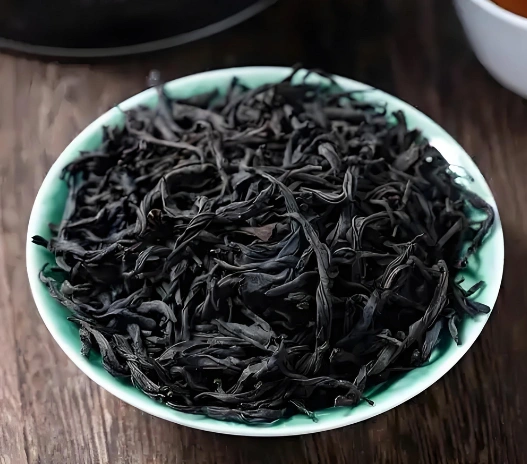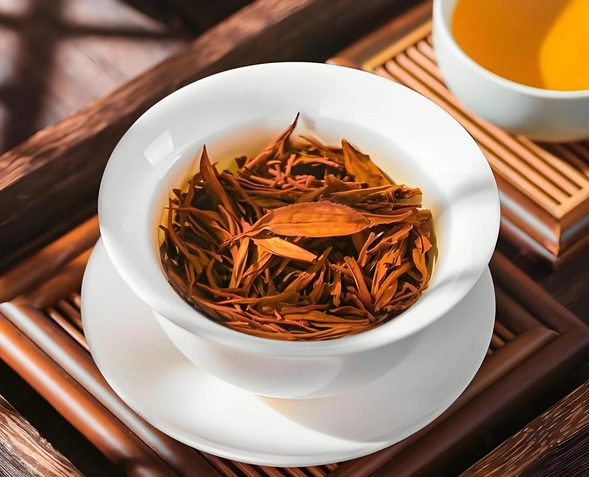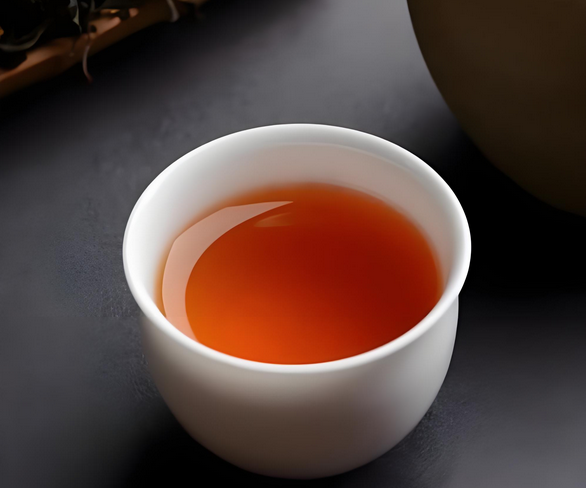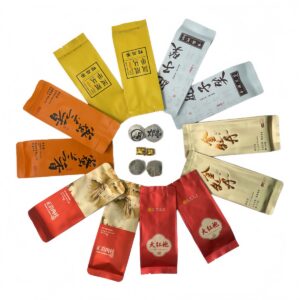Black tea and immune system form a powerful partnership: each warm sip delivers comforting aromas and potent compounds that help your body fend off invaders. From misty mornings to cozy evenings, a cup of black tea infuses you with theaflavins and flavonoids—nature’s own guardians—that calm inflammation, bolster gut health, and even support heart resilience.
In this guide, we’ll reveal black tea benefits for immunity, explore its role in black tea for gut health and black tea and aging, dive into black tea and heart health synergy, master brewing methods for maximum efficacy, and share lifestyle rituals to magnify tea’s protective power. Ready to steep strength into your daily routine? Let’s pour a cup.
How Black Tea and Immune System Work Together
Key Immune‑Boosting Compounds in Black Tea
Black tea’s full oxidation transforms catechins into theaflavins and thearubigins—robust polyphenols that neutralize free radicals and modulate immune cell activity. Studies show theaflavins enhance natural killer cell function, critical for early viral defense . Meanwhile, L‑theanine supports T‑cell response, promoting balanced immunity without overstimulation.
Comparing Black Tea Benefits to Other Immune Tonics
Unlike sugary vitamin drinks that spike blood sugar, or echinacea that may overstimulate, black tea and immune system synergy offers gentle, sustained support. Its moderate caffeine energizes, while antioxidants quietly shore up defenses—making black tea a daily ritual rather than an occasional remedy.

The Role of Polyphenols and Flavonoids
Theaflavins, Thearubigins, and Immunity
Theaflavins (TFs) give black tea its deep amber hue and potent antioxidant activity; they inhibit pro‑inflammatory cytokines, helping prevent chronic inflammation that undermines immune function McKay2006. Thearubigins (TRs) extend protection through slower absorption, maintaining a steady shield against oxidative stress.
Evidence from Clinical Research
In a randomized trial, adults who drank three cups of black tea daily saw a 20% increase in salivary IgA—an antibody frontline against respiratory pathogens—compared to controls . This real‑world evidence underscores black tea’s role in fortifying mucosal defenses.
Black Tea for Gut Health: The Immunity Link (Secondary)
Prebiotics and Microbiome Support
Black tea polyphenols act as prebiotics, nourishing Bifidobacteria and Lactobacilli—key players in gut immunity. A balanced microbiome produces short‑chain fatty acids that strengthen the intestinal barrier, preventing pathogens from crossing into the bloodstream Zhao2018.
Gut–Immune Axis Benefits
Healthy gut flora communicates with immune cells via the gut–brain–immune axis, modulating inflammation and enhancing vaccine response. By choosing black tea for gut health, you invest in systemic immunity that begins in your digestive tract.

Black Tea and Aging: Maintaining Vitality (Secondary)
Antioxidant Defense and Cellular Repair
As we age, oxidative stress accumulates, damaging DNA and proteins. Black tea’s antioxidants combat these effects—clinical studies link regular consumption to reduced markers of senescence and improved skin elasticity . This intersection of black tea and aging preserves both appearance and internal resilience.
Synergy with Immune Protection
Aging immune systems often decline in responsiveness. By lowering chronic inflammation, black tea’s theaflavins help maintain T‑cell function, keeping elderly individuals more resistant to infections.
Black Tea and Heart Health: A Vital Connection (Secondary)
Cardiovascular Benefits of Tea Polyphenols
Theaflavins improve endothelial function, increase HDL (“good”) cholesterol, and lower LDL oxidation—key factors in heart health . A robust heart supports immune organs, ensuring swift mobilization of white blood cells when needed.
Immune and Heart Health Interplay
Infections can stress cardiac tissue; by reinforcing immune defenses, black tea and heart health synergy reduces infection risk, indirectly protecting the heart from inflammatory damage.
Brewing the Most Immune‑Potent Cup
Water Temperature and Steep Time
- 95–100 °C releases maximum polyphenols.
- Steep 4–5 minutes for optimal theaflavin extraction; shorter (3 minutes) for gentler flavor.
Cover your teapot to trap steam and volatile oils, enriching both aroma and immune benefits.
Hot versus Cold Brew for Immune Benefits
- Hot Brew: Rapidly extracts antioxidants—ideal morning pick‑me‑up to jump‑start defenses.
- Cold Brew: Infuse 8 hours in fridge for a smooth, low‑tannin refreshment; still delivers significant polyphenols (30–40 mg caffeine).

Lifestyle Tips to Amplify Tea’s Immune Support
Pairing with Nutrient‑Rich Foods
Combine your tea with vitamin C sources (citrus, berries), zinc‑rich nuts, and protein to support antibody production. A tea‑infused smoothie or a side of yogurt makes immunity delicious and complete.
Tea Rituals and Stress Management
Chronic stress weakens immunity. Schedule mindful tea breaks: inhale the steam, focus on flavor, and practice deep breathing. This simple ritual lowers cortisol and strengthens black tea and immune system synergy.
Conclusion and Immune Wellness Ritual
Key Takeaways on Black Tea and Immune System
By embracing black tea and immune system, you tap into a trifecta of antioxidants, prebiotic support, and gentle stimulation—daily habits that fortify defenses, nourish gut health, and maintain vitality.
Crafting Your Daily Immune‑Boosting Tea Habit
Start with a hot cup in the morning, a cold brew refresher at mid‑day, and an evening infusion to calm and sustain. Experiment with white tea blends for gentle variation. With each mindful sip, you’re nurturing a resilient you.
Raise your teacup to health—one empowering brew at a time.



